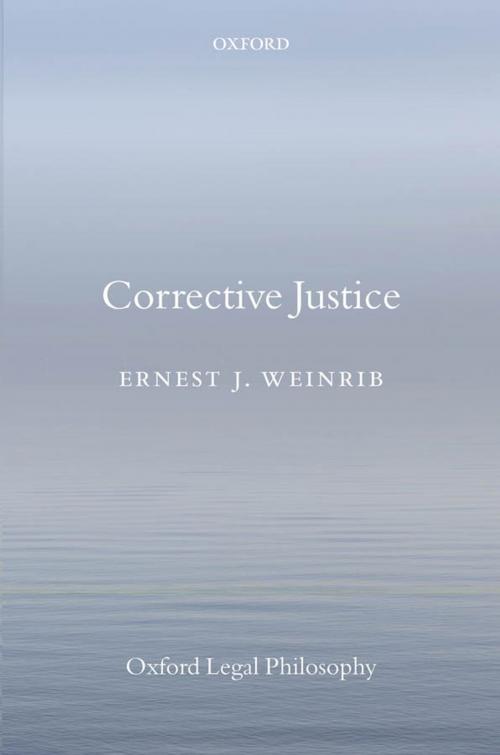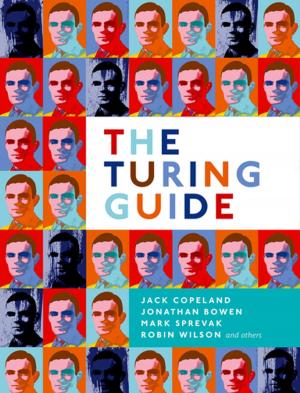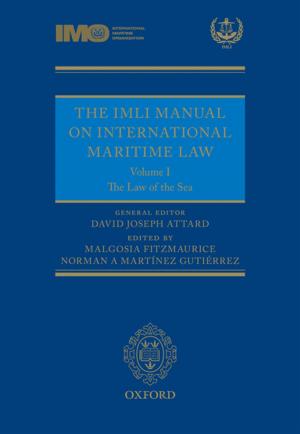Corrective Justice
Nonfiction, Reference & Language, Law, Jurisprudence, Religion & Spirituality, Philosophy| Author: | Ernest J. Weinrib | ISBN: | 9780191636387 |
| Publisher: | OUP Oxford | Publication: | September 20, 2012 |
| Imprint: | OUP Oxford | Language: | English |
| Author: | Ernest J. Weinrib |
| ISBN: | 9780191636387 |
| Publisher: | OUP Oxford |
| Publication: | September 20, 2012 |
| Imprint: | OUP Oxford |
| Language: | English |
Private law governs our most pervasive relationships with other people: the wrongs we do to one another, the property we own and exclude from others' use, the contracts we make and break, and the benefits realized at another's expense that we cannot justly retain. The major rules of private law are well known, but how they are organized, explained, and justified is a matter of fierce debate by lawyers, economists, and philosophers. Ernest Weinrib made a seminal contribution to the understanding of private law with his first book, The Idea of Private Law. In it, he argued that there is a special morality intrinsic to private law: the morality of corrective justice. By understanding the nature of corrective justice we understand the purpose of private law - which is simply to be private law. In this book Weinrib takes up and develops his account of corrective justice, its nature, and its role in understanding the law. He begins by setting out the conceptual components of corrective justice, drawing a model of a moral relationship between two equals and the rights and duties that exist between them. He then explains the significance of corrective justice for various legal contexts: for the grounds of liability in negligence, contract, and unjust enrichment; for the relationship between right and remedy; for legal education; for the comparative understanding of private law; and for the compatibility of corrective justice with state support for the poor. Combining legal and philosophical analysis, Corrective Justice integrates a concrete and wide-ranging treatment of legal doctrine with a unitary and comprehensive set of theoretical ideas. Alongside the revised edition of The Idea of Private Law, it is essential reading for all academics, lawyers, and students engaged in understanding the foundations of private law.
Private law governs our most pervasive relationships with other people: the wrongs we do to one another, the property we own and exclude from others' use, the contracts we make and break, and the benefits realized at another's expense that we cannot justly retain. The major rules of private law are well known, but how they are organized, explained, and justified is a matter of fierce debate by lawyers, economists, and philosophers. Ernest Weinrib made a seminal contribution to the understanding of private law with his first book, The Idea of Private Law. In it, he argued that there is a special morality intrinsic to private law: the morality of corrective justice. By understanding the nature of corrective justice we understand the purpose of private law - which is simply to be private law. In this book Weinrib takes up and develops his account of corrective justice, its nature, and its role in understanding the law. He begins by setting out the conceptual components of corrective justice, drawing a model of a moral relationship between two equals and the rights and duties that exist between them. He then explains the significance of corrective justice for various legal contexts: for the grounds of liability in negligence, contract, and unjust enrichment; for the relationship between right and remedy; for legal education; for the comparative understanding of private law; and for the compatibility of corrective justice with state support for the poor. Combining legal and philosophical analysis, Corrective Justice integrates a concrete and wide-ranging treatment of legal doctrine with a unitary and comprehensive set of theoretical ideas. Alongside the revised edition of The Idea of Private Law, it is essential reading for all academics, lawyers, and students engaged in understanding the foundations of private law.















